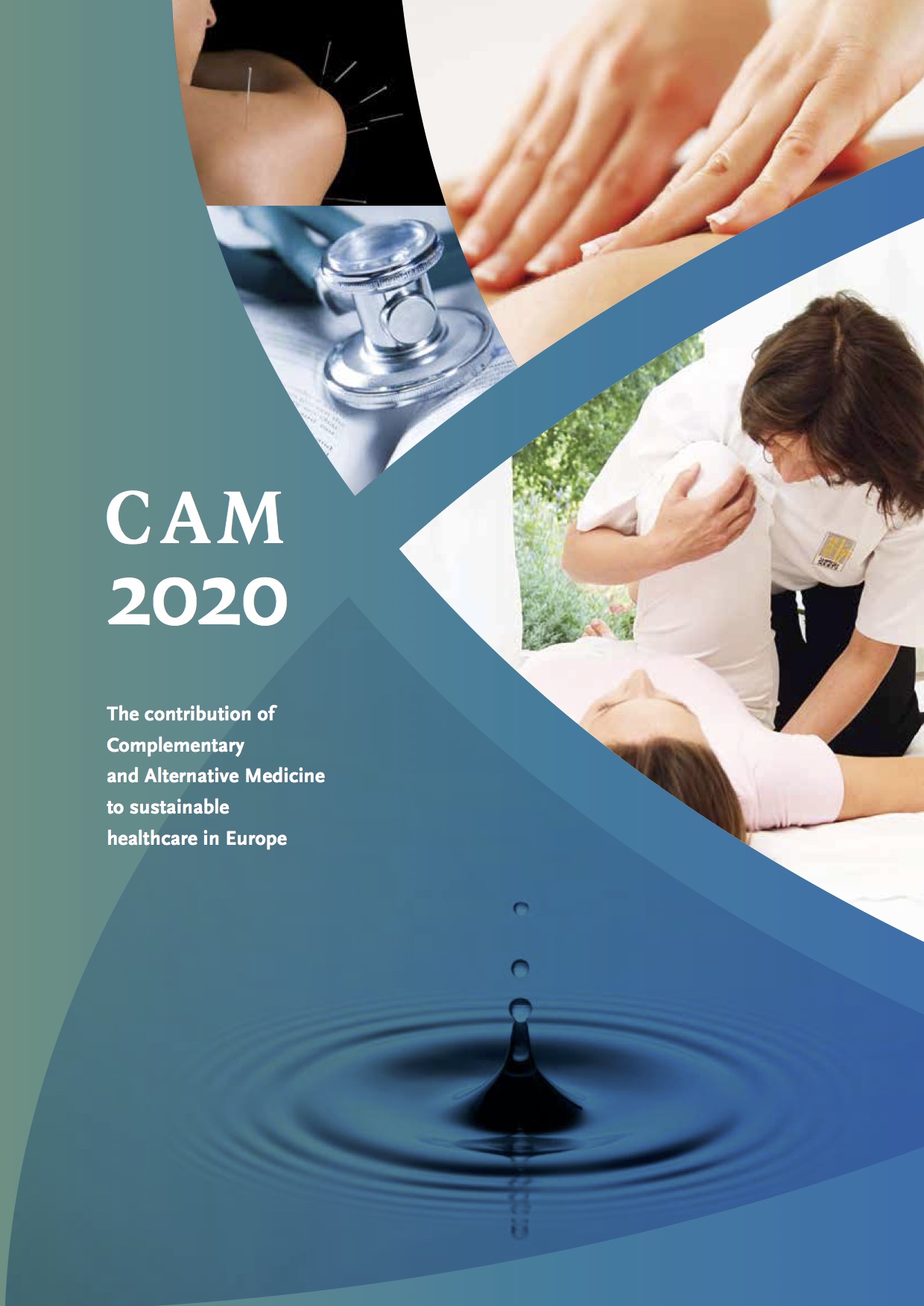Need for Further CAM Research
Research in CAM has been seriously hampered by a lack of research infrastructure and funding, lack of research expertise among CAM practitioners, lack of appropriate research models and strategies as well as the scepticism of the conventional scientific community. Whilst CAM may improve health, reduce disease, and reduce health costs, the CAM industry alone cannot be expected to support the research to answer these questions. This is partly because of the lack of financial incentives for industry, and partly because, like mainstream medical research, there is a social responsibility for government to fund such research. There is a huge disparity between public funding for conventional drug research and that for CAM research. Funding by the industry is limited by the fact that homeopathic and herbal medicines are generic and cannot be patented; thus there are no large profits to be made from investments in research as for many new biomedical drugs.
Notably in the USA, the national authorities have taken the growing demand for CAM seriously. In 1998 the Congress established the National Center for Complementary and Alternative Medicine (NCCAM) at the National Institutes of Health that is charged to ‘conduct basic and applied research (intramural and extramural), research training, and disseminate health information and other programmes with respect to identifying, investigating, and validating CAM treatments, diagnostic and prevention modalities, disciplines and systems’. Its annual budget is $ 120 million (approx. € 80 million). To date the NCCAM has funded 10 university-based centres for research on CAM. ‘Seed’ funding and dedicated funding provided some impetus to establish and continue an effective CAM research program. Over the last decade, some Western-European countries (Denmark, Germany, Norway, the Netherlands and the UK) have granted some money for research projects in CAM.


